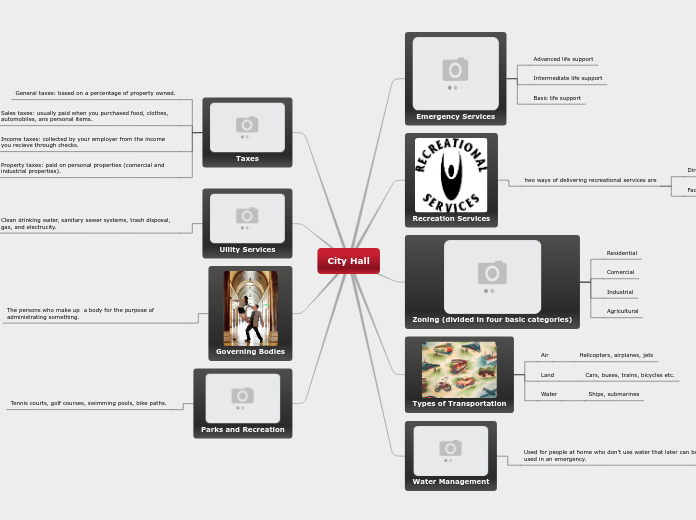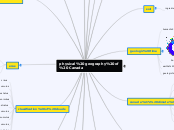по Hashim Akram 5 лет назад
517
Tsunamis
Various careers play crucial roles in tsunami planning and preparation. Physical oceanographers study the physical conditions and processes within the ocean, including the motions and properties of ocean waters, which are critical for understanding tsunami behaviors.









